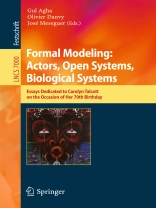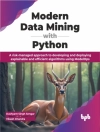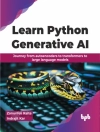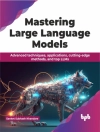This Festschrift volume, published in honor of Carolyn Talcott on the occasion of her 70th birthday, contains a collection of papers presented at a symposium held in Menlo Park, California, USA, in November 2011.
Carolyn Talcott is a leading researcher and mentor of international renown among computer scientists. She has made key contributions to a number of areas of computer science including: semantics and verification of progamming languages; foundations of actor-based systems; middleware, meta-architectures, and systems; Maude and rewriting logic; and computational biology.
The 21 papers presented are organized in topical sections named: Essays on Carolyn Talcott; actors and programming languages; cyberphysical systems; middleware and meta-architectures; formal methods and reasoning tools; and computational biology.
विषयसूची
Two Ph D Students for the Price of One.- Honoring Carolyn Talcott’s Contributions to Science.- Ten Years of Analyzing Actors: Rebeca Experience.- Mathematical Models of Object-Based Distributed Systems.- From Explicit to Symbolic Types for Communication Protocols in CCS.- Abstract LR-Parsing.- Fractionated Software for Networked Cyber-Physical Systems: Research Directions and Long-Term Vision.- Model Feasible Interactions in Distributed Real-Time Systems.- Puff, The Magic Protocol.- A Formal Methodology for Compositional Cross-Layer Optimization.- From Service Identification to Service Selection: An Interleaved Perspective.- Towards a System Model for Ensembles.- Algorithmic Aspects of Risk Management.- Parameterized Metareasoning in Membership Equational Logic.- Fast Sort Computations for Order-Sorted Matching and Unification.- Solving the First Verified Software Competition Problems Using PVS.- Towards a Maude Formal Environment.- Multisimulations: Towards Next Generation Integrated Simulation Environments.- Semantics, Simulation, and Formal Analysis of Modeling Languages for Embedded Systems in Real-Time Maude.- Computational Biology: A Programming Perspective.- Applications of Pathway Logic Modeling to Target Identification.












